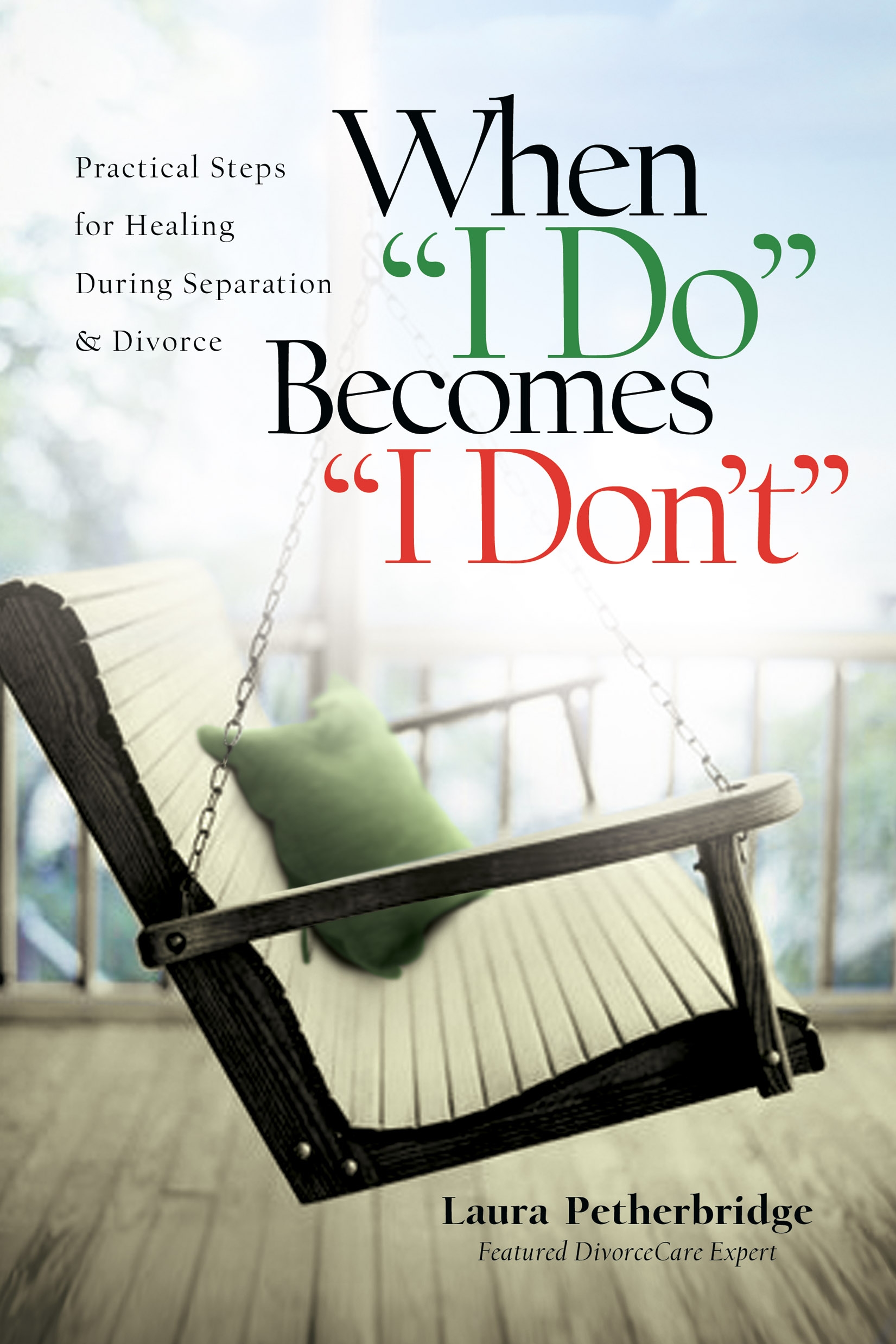12 Traits of an Abusive Relationship
- Laura Petherbridge Crosswalk.com Contributor
- Updated Jan 06, 2015

“My boyfriend is jealous. He gets furious when I won’t dump my friends and spend all of my free time with him,” the weeping woman shared with me. “I was so thrilled to have a devoted boyfriend that I ignored the warning signs of abuse. I convinced myself that he loved me, and that things would get better with time. I was wrong—completely wrong.”
After 20 years of ministry I frequently hear this cry from men and women who are in a bad relationship. Christians often believe that domestic violence, abuse and manipulation doesn’t occur within the church, but nothing could be further from the truth. Sometimes men are portrayed as sadistic; however women can be equally dangerous. In an attempt to help singles avoid a destructive relationship or a painful marriage I offer insight on how to detect a toxic, abusive person.
An abuser is typically:
1. Charming. This person quickly smothers the other with gifts and praise. He/she immediately pushes for an exclusive relationship using phrases such as “I can’t live without you” or “I’ll kill myself if you leave.” A clear indication something is wrong.
2. Jealous. He/she views others as a threat to the relationship and relentlessly accuses you of flirting. “I know you are having an affair.” The irony is that the abuser is usually the cheater.
3. Manipulative. Abuse and manipulation go hand-in-hand. This person easily detects vulnerability in others and uses it as a weapon to control, belittle and demean the victim. “You are weak and ugly; no wonder you were abused as a kid.”
4. Controlling. Constant checking on the whereabouts of the victim is a common trait for the abuser. “I check the mileage on your car. So don’t lie to me.” A male controller often refuses to let his girlfriend have a job, she might “meet someone.”
5. A Victim. An abuser doesn’t take any responsibility for his/ her poor choices. They are never at fault. When she loses her job, or he gets into a fight, someone else is to blame. “You make me hit you” or “I drink because you stress me out.”
6. Narcissistic. The whole world revolves around the abuser and his/her needs. This person is invigorated by the fact that the victims “walks on eggshells” and live in fear of the next outburst.
7. Inconsistent. Mood swings are a common trait for an abuser. One minute he/she is happy and sweet, the next they are pounding a fist or throwing a tantrum.
8. Critical. Verbally assaulting others is a way of life for the abuser. “You are a stupid, fat, disgusting tramp. You can’t ever leave me; no other man would have you” or “Ha! You call yourself a man. You are nothing but a mama’s boy.”
9. Disconnected. Isolation from family and friends is a key goal for the abuser because it forces the victim into total submission. “Your family causes too much trouble for us. I don’t want you seeing them anymore.”
10. Hypersensitive. The slightest offense sends the abuser ranting. Everyone is out to “get him/her.” “My boss had it in for me; I bend over backwards on my job but I still got fired.”
11. Vicious and cruel. A significant number of abusers harm children and animals as well as a partner. Intimidation and inflicting pain fuels his/her power. “If I can’t have you, no one will” or “I just pretended to love you so that you would sleep with me.”
12. Insincerely repentant. He/she will swear to never “behave like that again.” But unless an abuser receives professional help and solid accountability it’s unlikely the abuse will disappear.
After marriage these behaviors typically escalate, therefore it’s crucial to recognize the warning signs now. Tell someone you can trust, and get help. And don’t believe the lie that it’s not abuse until he/she hits you.
When an abuser loses control they often react with rage and the abuse intensifies. Therefore, make a plan before breaking off the relationship. Contact a counselor or local domestic abuse hotline and/or safe house in your community.
This insight is for church leaders. In my 20 years of ministry I’ve watched numerous abusers deceive and manipulate the church. He/she often knows exactly what to say and do to get the church “on their side.” Although Christians are called to be loving and kind, we should not ignore toxic, sinful behavior. That is neither love or compassion.
Copyright © 2009 Laura Petherbridge. All rights reserved





















